detail profile aleksandr borisov
Peran Yang Di Mainkan Aleksandr Borisov
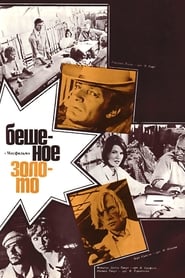 Eight very different people are looking...
Eight very different people are looking...The Golden Fleece 1977
Eight very different people are looking for a treasure on a remote island in the Pacific Ocean.
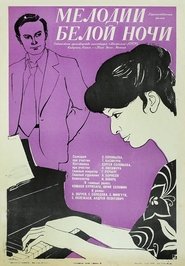 A Russian composer and Japanese pianist...
A Russian composer and Japanese pianist...Melodies of a White Night 1976
A Russian composer and Japanese pianist enter a relationship strained by their geographic and cultural boundaries.
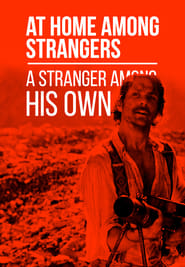 Following the Russian Civil War a...
Following the Russian Civil War a...At Home Among Strangers, a Stranger Among His Own 1974
Following the Russian Civil War, a loyal Red, Shilov, must prove he is at home among strangers as he attempts to recapture a shipment of gold that he was supposed to deliver to Moscow. Needed as a means of buying food for the people, the gold Shilov was entrusted with is stolen, initially by a group of assassins and then by a group of bandits. In tracking the gold’s whereabouts, Shilov’s motives are questioned and he is suspected of treason, in part because his brother was a devoted White. In an effort to clear his name, Shilov locates the gold, but he also discovers rampant greed and corruption.
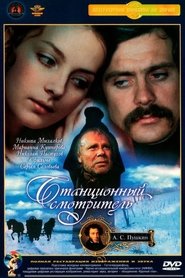 In the early 19th century a...
In the early 19th century a...The Station Master 1972
In the early 19th century a traveler returns to the remote outpost he’d visited years before, anxious to see the station master’s lovely daughter once again. There the brokenhearted old man tells him the story of the dashing fellow from Petersburg who whisked her away one winter morning.
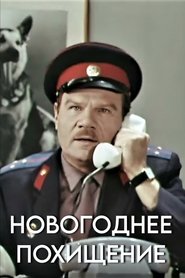 The fire department is preparing for...
The fire department is preparing for...New Year's Abduction 1970
The fire department is preparing for the New Year. Three activists of amateur performances decide to kidnap professional artists for a New Year's concert. A police captain investigates the kidnapping and listens to complaints from the “unkidnapped” artists.
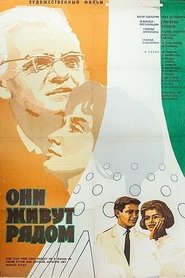 Once upon a time young scientists...
Once upon a time young scientists...They Live Nearby 1968
Once upon a time, young scientists Kalitin and Danilov were friends, but a quarrel separated them. The circumstances of the quarrel remained unclear to everyone until the end. But everyone thought they were right. Years have passed. Professor Kalitin’s son, working under his leadership, moves to the institute headed by Danilov. Kalitin learns about this decision of Igor on the day of the arrival of his friend and colleague Vasin. On this occasion, old friends gather at the professor’s house, including Luzgin, Kalitin’s boss. Reflections on his life help the professor understand his son’s choice, oppose the unprincipled careerist Luzgin and make peace with Danilov.
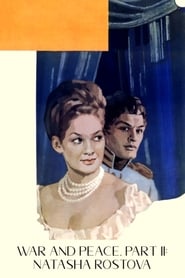 In the end of 1809 Natasha attends...
In the end of 1809 Natasha attends...War and Peace, Part II: Natasha Rostova 1966
In the end of 1809, Natasha attends her first ball. Andrei falls in love with her and intends to marry her, but her father demands they wait. The prince travels abroad, and Natasha desperately longs for him. But she then meets Anatol Kuragin and forgets of Andrei. At the last minute, she regrets and abandons her plans to elope with Anatol. Bolkonsky hears of this and declares their betrothal is over. Pierre, trying to calm her down, suddenly announces he loves her.
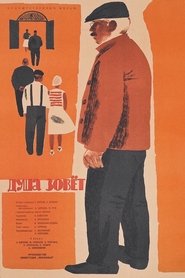 Two old Leningrad workers Sukhov and...
Two old Leningrad workers Sukhov and...The Soul Calls 1962
Two old Leningrad workers, Sukhov and Solyanov, have a long-standing friendship — they worked at the same plant, lived in the neighborhood. Now Solyanov, at the insistence of his son, decides to retire. But it is not so easy to part with his native plant, which, as it turned out, still needs an old personnel officer...
 Family troubles reproaches from acquaintances for...
Family troubles reproaches from acquaintances for...Abyss 1960
Family troubles, reproaches from acquaintances for stupidity and inability to live, illness of children, death of his wife brought Kirill Kiselnikov down. Flattered by a bribe, he commits a forgery. Betrayal of ideals is costly: the unfortunate person loses his mind. And that is not all…
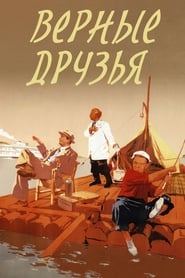 Story about 3 childhood friends who found...
Story about 3 childhood friends who found...True Friends 1954
Story about 3 childhood friends who found each other later in life and decided to rafting on one of the Moscovian rivers.
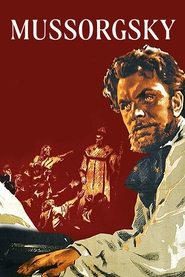 Saint Petersburg 1858 A group of composers...
Saint Petersburg 1858 A group of composers...Mussorgsky 1950
Saint Petersburg, 1858. A group of composers known as The Five meet at Balakirev's. Young Modest Mussorgsky, both a civil servant and a musician, has become a fixture there. He tells about the first opera he plans to compose. Then he goes to the country where he discovers the lowly conditions of the peasants and the bloody conflicts with the rich land owners. He works on Gogol's 'The Marriage', trying to render into music the natural accents of the play's naturalistic dialogue. But his efforts do not pan out. On the other hand, he starts writing his opera on the story of Boris Godunov. The Marinsky Theatre refuses to stage the work. The Five, and Mussorgsky among them, are libeled and the group starts disintegrating. When 'Boris Godunov' is finally performed in 1874, it is a popular success.
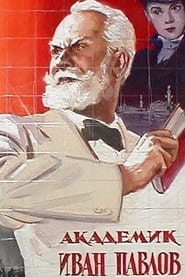 Russia 1875 In Riazan Dr Pavlov is...
Russia 1875 In Riazan Dr Pavlov is...Academician Ivan Pavlov 1949
Russia, 1875: In Riazan’, Dr Pavlov is summoned to a landowner who refuses to accept the inevitability of his death; to Pavlov’s dismay, he orders the destruction of a beautiful apple orchard. 1894: Experimenting on dogs, Pavlov tries to comprehend the interaction between nerves and external signals governing digestion. In 1904, he formulates the principles of conditional reflexes. When Zvantsev, an opponent of Pavlov’s materialist worldview, leaves the laboratory, the scientist hires Varvara Ivanova who becomes his most reliable assistant. 1912: Pavlov receives an honorary doctorate from Cambridge University. 1917: Despite Pavlov’s political scepticism, the Bolshevik administration treats him with great respect.
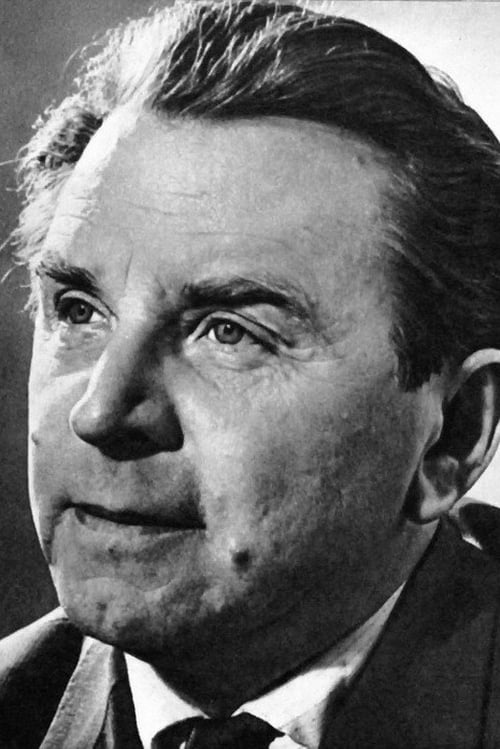
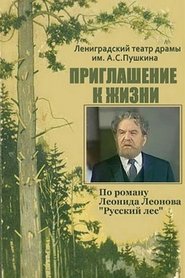 About the forestry scientist Ivan Vikhrov...
About the forestry scientist Ivan Vikhrov...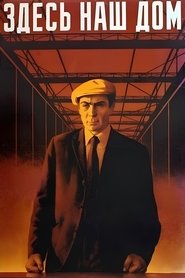 A young and ambitious engineer comes...
A young and ambitious engineer comes...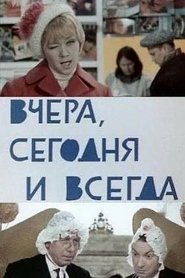
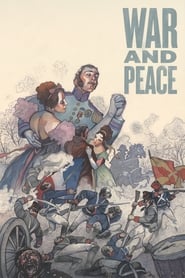 A sevenhour epic adaptation of the...
A sevenhour epic adaptation of the...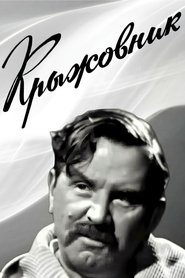 Three interlocutors are having a sedate...
Three interlocutors are having a sedate...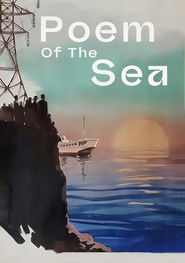 A Soviet dam project means that...
A Soviet dam project means that...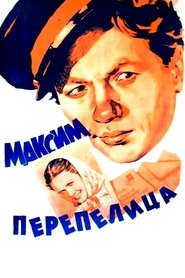 Maxim Perepelitsa is a cheerful mischievous...
Maxim Perepelitsa is a cheerful mischievous...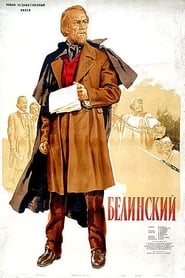 A biopic based on the life...
A biopic based on the life...